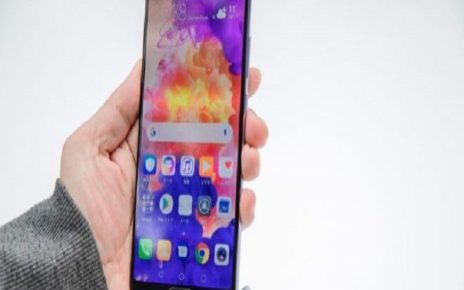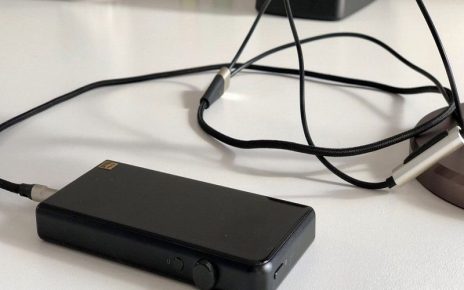Cybersecurity is a major concern. If organizations like the U.S. Department of Justice and Snapchat can have security breaches then what’s to stop an attack against you?
In most cases, you are safe if you follow security practices like using anti-virus software, being aware of the risks that scammers pose, and staying on your own secure server, according to users of https://www.bestaustraliancasinosites.com/online-pokies/.
However, what do you do when you have to travel? There’s a good chance that you’ll have to rely on public Wi-Fi, and as you will see, that’s not exactly a great idea. In this article from new usa online casinos, we will be listing out five reasons why you should avoid public wi-fi.
Man-in-the-middle
One of the most common types of Wi-Fi security threats is man-in-the-middle (MitM or MiM) attacks. This is where hackers intercept data through techniques like eavesdropping. Here attackers will intercept and relay messages between two different parties. This makes it appear as though everything is normal, but in reality, the attacker is controlling the entire communication.
For instance, during a MitM attack, when you login into your bank account that information is actually being sent to the attacker, as opposed to your banking institution.
If your screen is jumping around sometimes this is a clue. If your computer is doing things it normally doesn’t — check it out before proceeding.
Attack of the clones
Another common trick for hackers is to divert your internet traffic to a cloned site. This is known as DNS spoofing and can easily trick users into logging into a seemingly legit site. Without being aware, you’ve just willingly handed over your login information to an attacker.
One password to rule them, rule
It’s pretty common for us to use the same email address for all of our online needs. This creates a problem because a hacker simply has to steal your email address and password whenever you sign in on a public WiFi network.
With that info, they can request lost passwords from the websites you visit, which in turn will now be sent to the inbox that is in the hands of the hacker. Some hackers merely use a type of Bcc to themselves — until something wonderful comes down your pipeline that is useful to them.
Other users may be infected
Let’s say that you’re doing some work at your local coffee shop, but another patron doesn’t have any type of malware protection. They just put your device in danger through something called worms. This is basically when a virus jumps from one device to another. Worse than a cold.
Criminal activity
Another hacker trick is the ability to change specific words or pictures on a website. That may not seem like that big of a deal, just a minor inconvenience, but as Wouter Slotboom, an “ethical hacker” explained to Medium, this means that a nefarious individual could do something like load child pornography onto your smartphone. Needless to say, that’s a serious crime.




